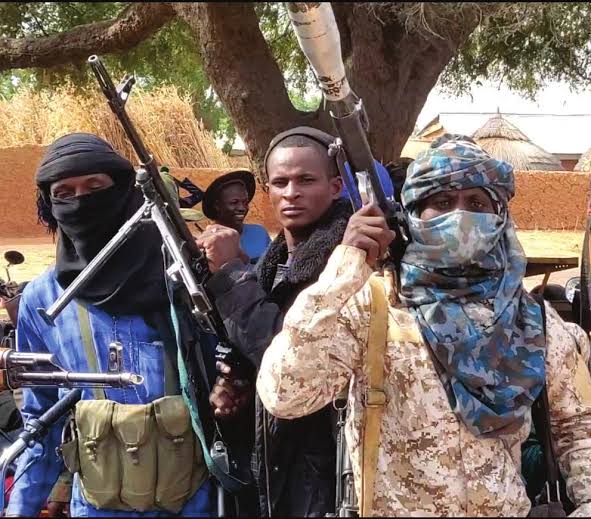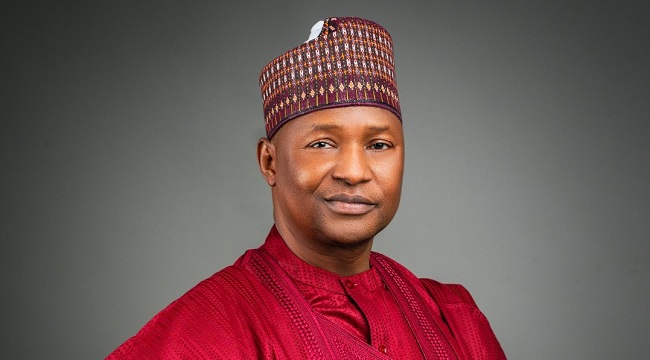President Bola Ahmed Tinubu has officially declared the suspension of emergency rule in Rivers State, which was imposed six months ago.
In a statement personally signed on Wednesday, the President cited new intelligence indicating a renewed sense of cooperation, understanding, and commitment among stakeholders in the state to restore democratic governance. He described this development as not only encouraging but also a significant step forward for the nation.
“Given the progress made, I see no reason for the state of emergency to continue beyond the initial six-month period,” Tinubu said. “It is therefore with great satisfaction that I declare the state of emergency in Rivers State will end at midnight today. Governor Siminalayi Fubara, Deputy Governor Ngozi Nma Odu, Speaker Martins Amaewhule, and members of the State House of Assembly will resume their constitutional duties as of September 18, 2025.”
Reflecting on the reasons behind the original declaration, the President recalled the complete breakdown of governance in Rivers State, where severe conflict between the executive and legislative arms rendered the state ungovernable. Vital economic infrastructure, including oil pipelines, suffered repeated attacks, further compounding the crisis.
Efforts by the President and other concerned Nigerians to mediate the standoff were unsuccessful, as both sides refused to compromise. The House of Assembly was deeply fractured—four members aligned with the Governor, while 27 supported the Speaker in opposition. This division blocked the passage of the state’s Appropriation Bill, cutting off access to essential funds and effectively halting governance.
“The situation deteriorated to the point where the Supreme Court noted, in its ruling on the dispute, that there was effectively no government in Rivers State,” Tinubu said.
Faced with the looming threat of lawlessness, Tinubu invoked the powers granted to him under Section 305 of the 1999 Constitution (as amended) to declare a state of emergency, suspending the offices of the Governor, Deputy Governor, and elected members of the State Assembly for an initial period of six months—now concluded.
The President expressed appreciation to the National Assembly for promptly approving the emergency declaration after thoroughly reviewing the situation. He also acknowledged the support of traditional rulers and the people of Rivers State throughout the emergency period.
While recognizing that some citizens opposed the measure—leading to over 40 legal challenges across courts in Abuja, Port Harcourt, and Yenagoa—Tinubu said such dissent was part of a healthy democracy. However, he emphasized that failing to act would have amounted to a grave dereliction of duty.
“The power to declare a state of emergency is a constitutional mechanism designed to address a breakdown in public order and safety,” he said. “The judgment of the Supreme Court confirmed that such a breakdown had occurred. Not acting would have been a failure on my part as President.”
He concluded by reaffirming his commitment to democratic governance and cooperation between arms of government.
“A functional relationship between the executive and legislature is essential for any government to succeed—whether at the federal or state level. The people elected us to deliver the dividends of democracy, but that cannot happen in an atmosphere of conflict, lawlessness, and politically motivated manipulation.”








